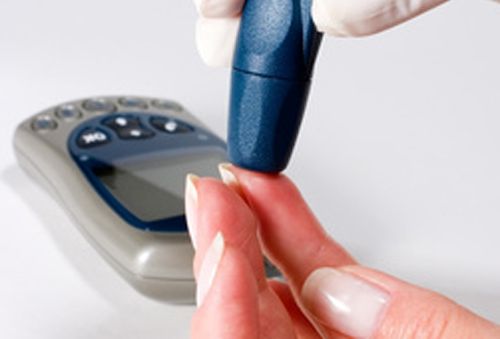Researchers at the University of Alabama at Birmingham, and Southern Research, have identified a new drug candidate that they claim could represent a “distinct and innovative” approach to treating type 1 and type 2 diabetes. The small molecule drug, designated SRI-37330, inhibits the expression of a protein known as TXNIP—which the team had previously identified as a top glucose-induced gene—in both mouse and human islets.nnResults from the researchers’ preclinical studies suggested that SRI-37330 acts on pancreatic islet cells that produce glucagon and insulin, and also acts on the liver. The findings showed that the drug could have therapeutic effects against diabetes, in both lean and obese individuals. Tests on isolated human and mouse pancreatic islets, on mouse and rat cell cultures, and in animal models of both type 1 and type 2 diabetes, demonstrated that SRI-37330 improved diabetes-related hyperglycemia, and hyperglucagonemia; reduced the excessive production of glucose by the liver; and reduced fatty liver, or hepatic steatosis.nn
Studies showed non-toxic, orally bioavailable small molecule effectively rescued mice from models of type 1 and type 2 diabetes, and reduced fatty liver.
